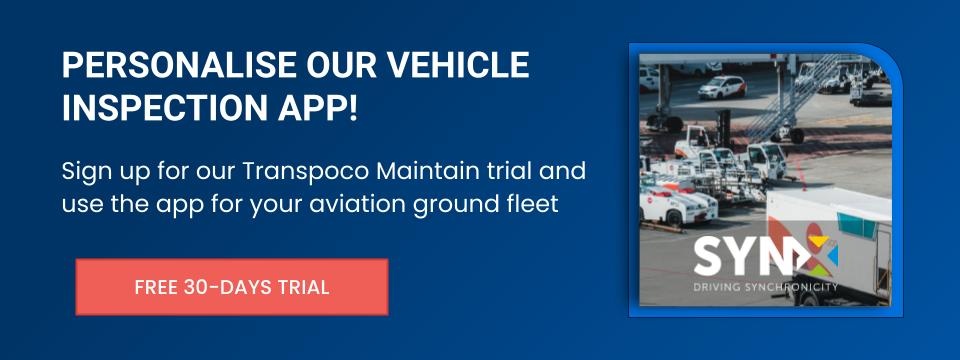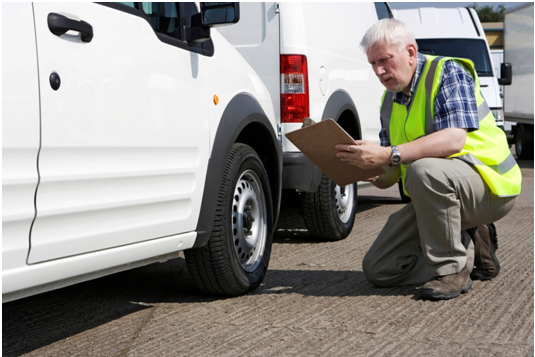
We are down to the very final articles in our A-Z series of fleet management and the penultimate letter—Y for You. If you operate a fleet—whether that be GSE or not—you may actually not be considering yourself when it comes to an honest assessment of what could be done to improve the performance of your fleet or you might be turning a blind eye to unsafe practices or stuck in a routine mode of operating that maybe isn’t in the best interests of your fleet.
Let’s discuss you as a potential issue for your fleet—‘you’ is something you cannot ignore!
#1 – You spend too much time on reports and paperwork. It is certainly one of the duties of fleet managers among the other numerous responsibilities including making sure customers are satisfied, drivers are motivated and vehicles are in good working order. But unfortunately fleet managers often spend too much time bogged down in this chore while they should be relying on reports and statistics that could reduce the amount of paperwork and free you up for tasks that contribute more to the commercial development of your business.
#2 – You never assess your maintenance schedules. It might be because you do not have the time, because you still work with manual methods or simply because you are under the misconception that things will always tick along one way or another. If you are actually in possession of fleet data via different platforms or sources, you will quickly come to the realisation that different circumstances can lead to different results and that you should analyse your results on a regular basis in order to stick with the same strategy or deviate from it.
#3 – You do not compare costs and operations. Although this is something apparently uncommon today, it can be that you are using the same vendors for the same type of service or the same drivers for trips. You might be surprised how analysing costs or activity can offer us useful material to digest and assess whether to switch to another vendor or whether one driver rather than another might be more suitable for a particular route—he might actually thank you for the change; and a degree of satisfaction can definitely improve performance.
#4 – Not using failure analysis. We know the work of the fleet manager is hard and that fleet managers are often asked, although only human, to behave like machines. But we also know mistakes happen. Now, mistakes can have within them the seeds of something positive, but only if we investigate how they happened in the first place and take corrective measures to ensure they don’t happen again. So, even if you are a proud perfectionist, put that attitude out of your mind when it comes to making the most of failure analysis—you might be surprised how this might actually work for you!




